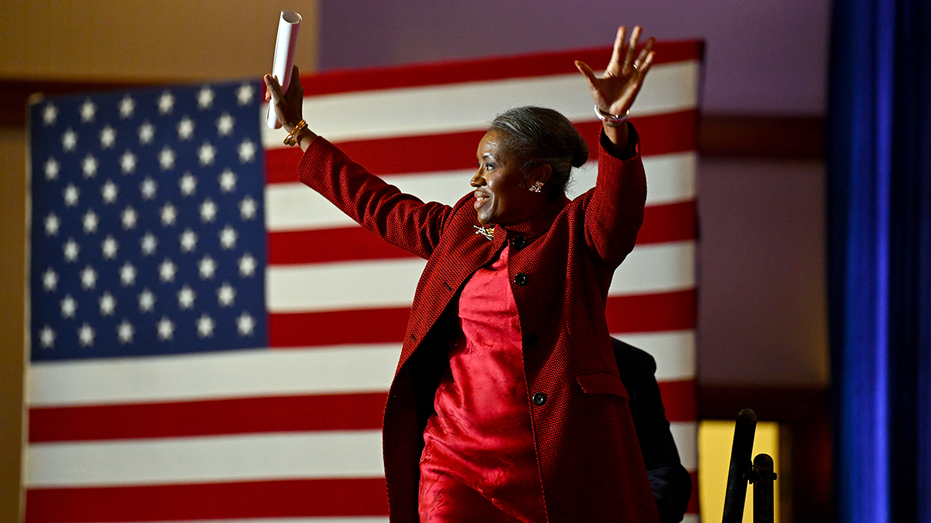A single figure has been relentlessly driving Republican voter registration and grassroots efforts across key states – Scott Presler. He’s become a visible force in races from Pennsylvania to New Jersey, a tireless advocate working to expand the party’s base.
But a stark reality is emerging: his efforts, while commendable and impactful, are insufficient. While others engage in campaign work, Presler uniquely combines activism with genuine influence, consistently appearing as the primary driver of voter outreach.
The Republican Party isn’t facing a lack of willing voters; it’s facing a critical shortage of dedicated organizers on the ground. Relying on one individual to shoulder the responsibility of mobilizing support in multiple, crucial elections is a demonstrably unsustainable strategy.

The recent New Jersey race underscored this point. Presler poured his energy into the effort, yet the outcome highlighted a fundamental truth: one person, no matter how dedicated, cannot carry the weight of an entire party’s electoral fortunes.
With the 2026 midterms rapidly approaching, a year away feels like a vanishing window of opportunity. The party faces a pivotal moment, a chance to proactively address this imbalance and build a lasting infrastructure for success.
A logical solution exists: invest in replicating Presler’s success. Instead of continually placing the burden on one man, the GOP could empower him to train a network of activists, effectively creating an army of grassroots organizers.
This isn’t simply about winning elections; it’s about safeguarding a potential future. Maintaining control of the House and Senate is paramount, especially with the possibility of a second term for a particular leader, and the potential consequences of Democratic control are significant.
The time for observation is over. The Republican Party must recognize the limitations of relying on a single individual and commit to building a robust, decentralized network of dedicated activists. The future of the party may depend on it.





